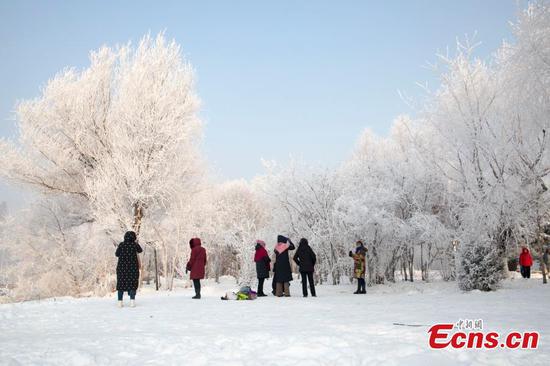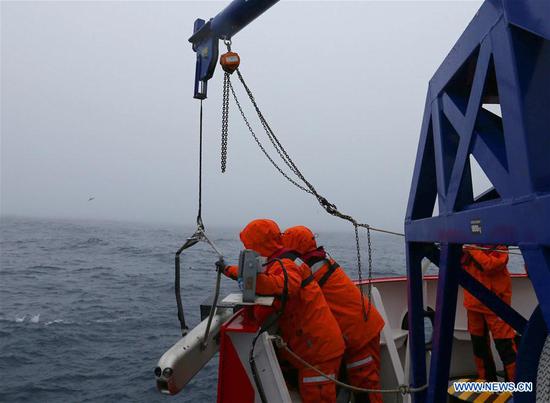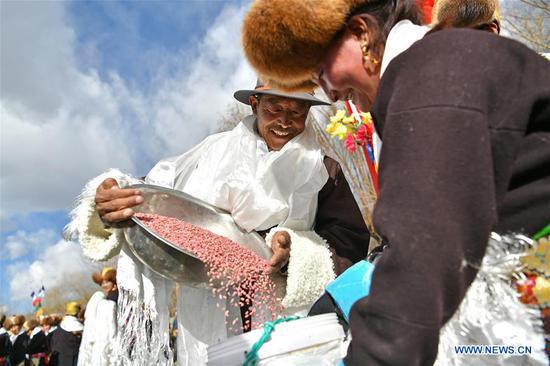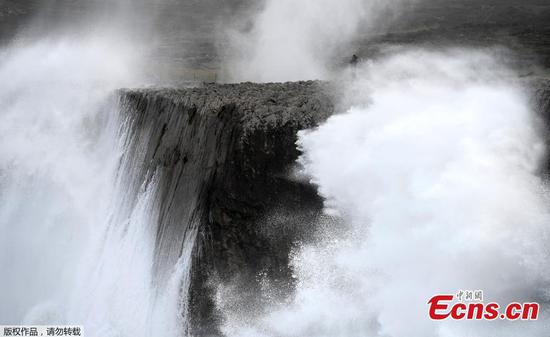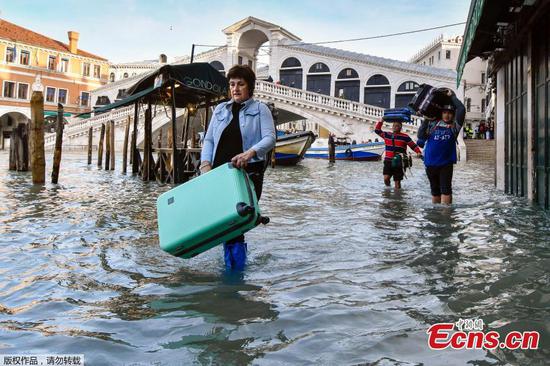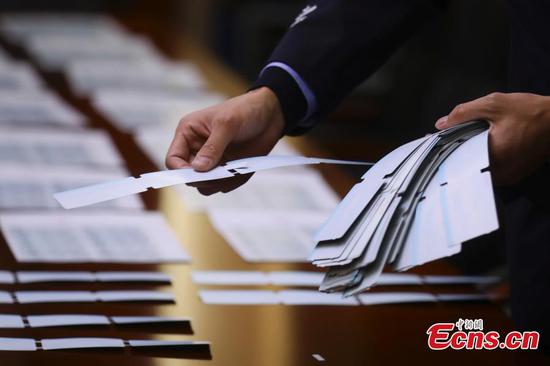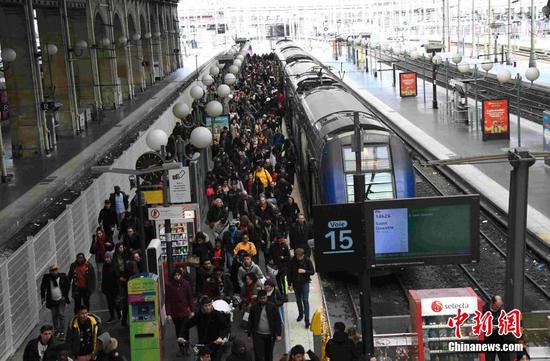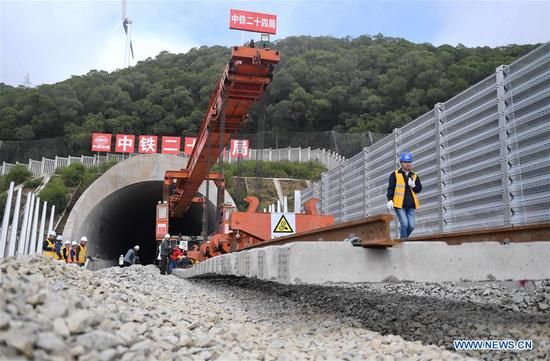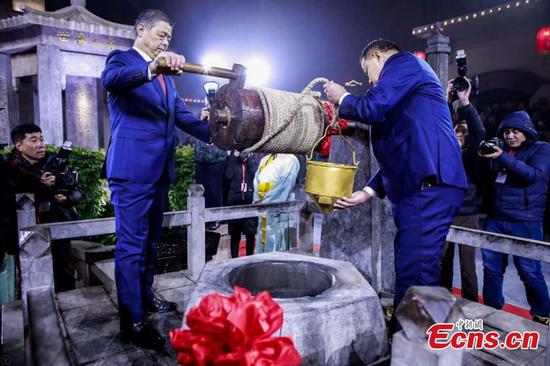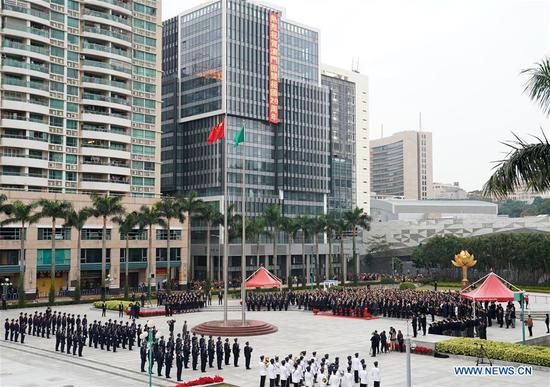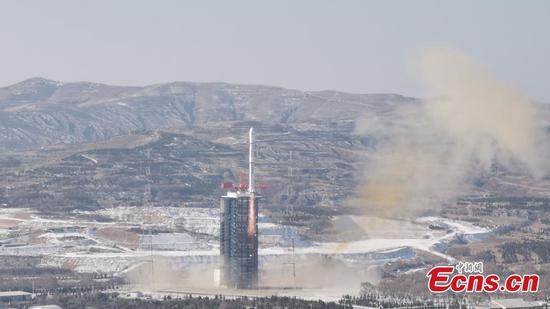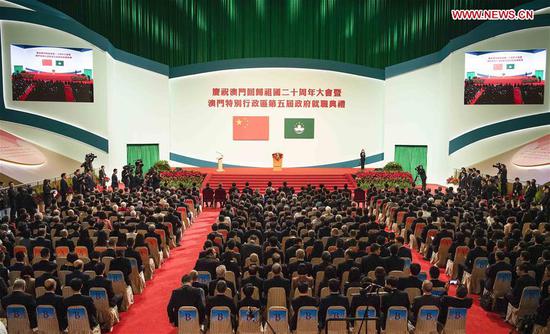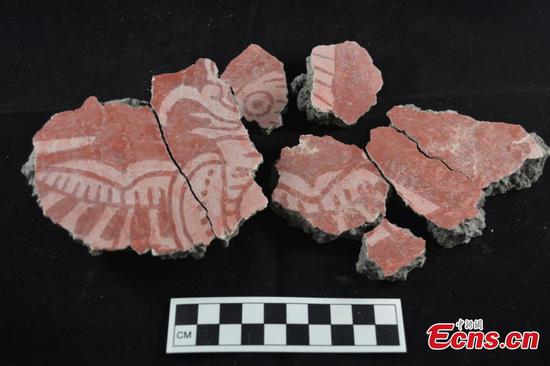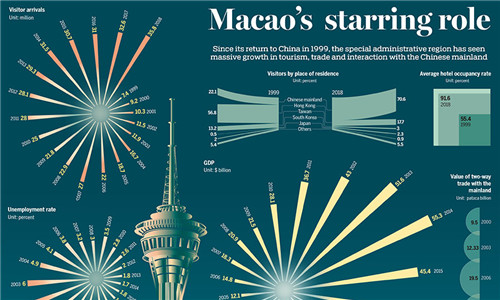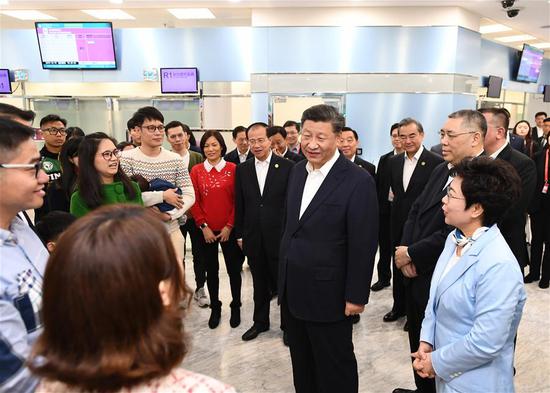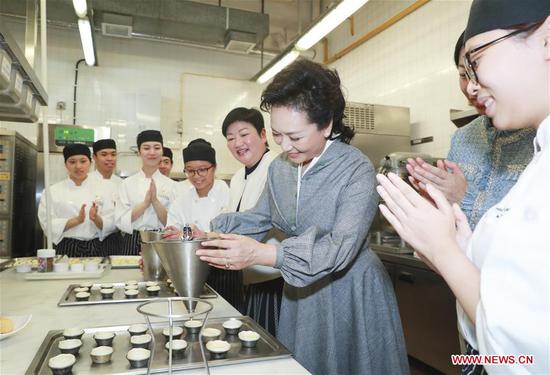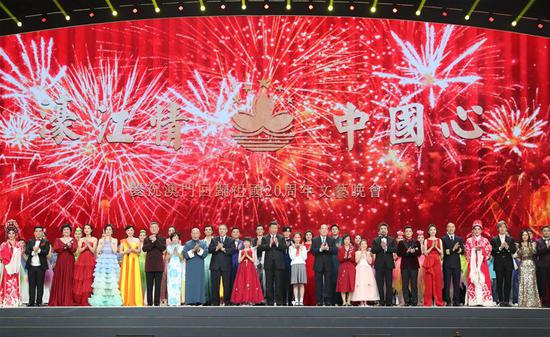UN Security Council fails to approve resolutions on cross-border aid to Syria
The United States' expressed concern for Syria is hypocritical, a spokesperson for the Chinese Foreign Ministry said on Monday, in response to Washington's criticism over China's veto of a United Nations' cross-border humanitarian proposal.
Spokesperson Geng Shuang also said the U.S. accusations against China are groundless and amounted to double standards by the U.S..
"China chooses its own voting position based on the merits of the matter itself as well as the fundamental interests of the Syrian people," Geng said at a daily news conference.
He reiterated that the UN cross-border humanitarian rescue mechanism should fully respect Syria's sovereignty, independence, consent and territorial integrity, as well as the opinions of the Syrian government, while enabling evaluations and adjustments in accordance with developments in the country's situation.
The UN Security Council voted last week on two competing resolutions-one prepared by Belgium, Germany and Kuwait, and the other by Russia, on the soon-to-expire UN cross-border aid mechanism for Syria.
The text drafted by Belgium, Germany and Kuwait called for a reauthorization of two crossings with Turkey and one with Iraq for another year, while the Russian draft would only reauthorize the use of the two on the Turkish border for six months.
Both drafts failed to get adopted due to divisions within the Security Council on the duration of its new mandate and the number of operating crossings involved.
U.S. Secretary of State Mike Pompeo on Saturday said Russia and China had blood on their hands and the veto was "shameful", after the two countries used their veto against the resolution drafted by Belgium, Germany and Kuwait.
But Geng questioned the motivation behind the U.S.' accusation, asking why the U.S. refused to vote for Russia's resolution if it really cares about the Syrian people and the humanitarian situation in Syria.
"The United States should ask itself, as the situation in Syria and the suffering of the Syrian people are precisely caused by the wrong actions of some countries, including the U.S.," Geng said. "The world can see very clearly who is full of lies, whose mind is full of hypocrisy, and who has the blood on (their) hands."
Zhang Jun, China's permanent representative to the UN, said on Friday that the Syrian government has the primary responsibility for improving the humanitarian situation in Syria, and "we should prioritize providing humanitarian assistance from inside Syria".
He reminded the council that cross-border humanitarian relief is a special method adopted under specific circumstances and it should be evaluated in a timely manner in light of developments on the ground.
"This mechanism must ultimately be adjusted," he said.
The Chinese envoy noted that China always attaches great importance to the humanitarian situation in Syria, and supports the international community in stepping up humanitarian assistance to the Syrian people.
Zhang said China supports the active work of the UN Office for the Coordination of Humanitarian Affairs and other international humanitarian agencies.
The country has also provided Syria with food, medicine, education, training, public services and other assistance through multilateral and bilateral channels, and is committed to improving the humanitarian situation in Syria and alleviating the sufferings of the Syrian people, he said.
Vassily Nebenzia, Russia's ambassador to the UN, said the troika's draft fails to reflect the changes since the mechanism was established in 2014 under urgent circumstances when there were no other means for the delivery of humanitarian assistance to certain areas.
He noted that people in many of those areas can now get humanitarian assistance from within Syria.
Zhang voted against the troika's draft, and for Russia's alternative text.
He said China has been making active efforts to promote consensus on the issue of cross-border humanitarian relief in Syria, and expressed regret that the council failed to reach agreement on the extension of the mechanism's mandate.









